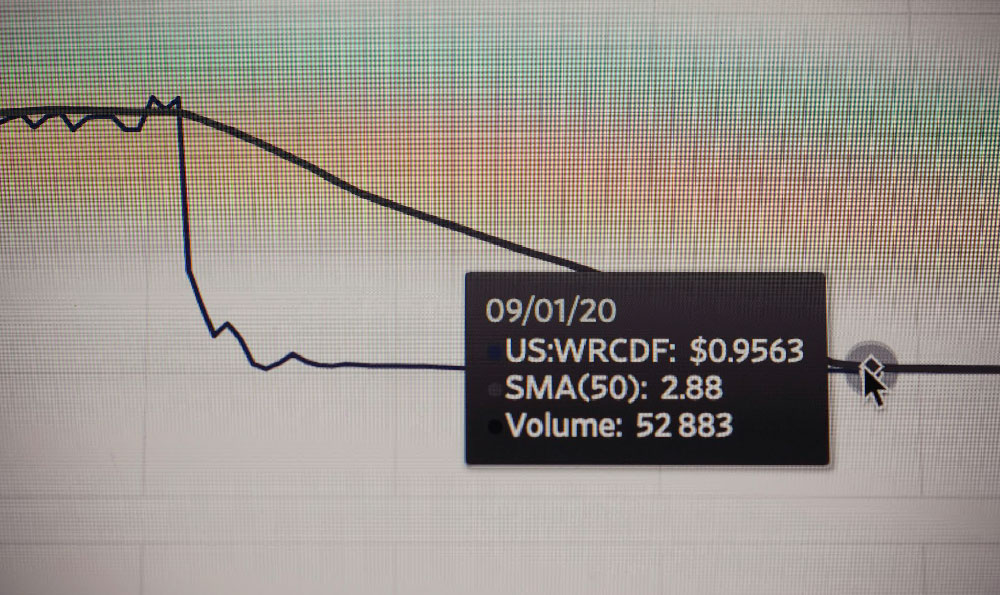The question of how much an eye doctor makes, and whether that figure constitutes "enough," is multifaceted, involving not only raw salary numbers but also considerations of education debt, work-life balance, job satisfaction, and personal financial goals. To address this comprehensively, let's dissect the various factors influencing an optometrist's or ophthalmologist's income and weigh them against the demands and responsibilities of the profession.
Firstly, it's crucial to distinguish between optometrists (ODs) and ophthalmologists (MDs). While both provide eye care, their training, scope of practice, and consequently, earning potential, differ significantly. Optometrists primarily focus on vision correction, prescribing glasses and contact lenses, and diagnosing and managing common eye diseases. They complete a four-year Doctor of Optometry program after earning a bachelor's degree. Ophthalmologists, on the other hand, are medical doctors specializing in eye care. They complete medical school, followed by an internship and a residency in ophthalmology. This extensive training equips them to perform eye surgery, manage complex eye diseases, and provide comprehensive medical eye care.
Given these differences, ophthalmologists generally earn more than optometrists. According to recent data, the average annual salary for an optometrist in the United States ranges from $120,000 to $150,000. However, this figure can vary widely depending on factors such as location, experience, practice setting (private practice, group practice, hospital), and specialization (e.g., pediatric optometry, vision therapy). An optometrist working in a large metropolitan area with a high cost of living might command a higher salary than one practicing in a rural area. Similarly, an optometrist with years of experience and a strong reputation is likely to earn more than a recent graduate.

Ophthalmologists, with their advanced surgical skills and ability to treat a wider range of eye conditions, typically earn a higher income. The average annual salary for an ophthalmologist in the United States can range from $200,000 to well over $300,000, and sometimes even higher for those specializing in high-demand surgical procedures like LASIK or cataract surgery. Again, location, experience, and practice setting play a significant role in determining an ophthalmologist's income. Ophthalmologists in private practice who own their own clinics often have the potential to earn substantially more than those employed by hospitals or group practices, although they also bear the financial risks and management responsibilities of running a business.
However, focusing solely on the income figures paints an incomplete picture. Both optometrists and ophthalmologists face significant financial burdens in the form of student loan debt. The cost of education for both professions is substantial, often exceeding $200,000 or more. This debt can take many years to repay, impacting their financial well-being and delaying other financial goals, such as buying a home or starting a family. The repayment terms and interest rates on these loans can significantly affect an individual's ability to manage their finances, even with a seemingly high salary.
Beyond the financial aspects, the question of "enough" also hinges on work-life balance and job satisfaction. Both optometrists and ophthalmologists often work long hours, especially those in private practice. They may face demanding schedules, including evenings and weekends, to accommodate patient needs. The pressure to provide accurate diagnoses and effective treatments can be stressful, and the emotional toll of dealing with patients facing vision loss or eye diseases can be significant.
Therefore, the decision of whether the salary of an eye doctor is "enough" is deeply personal and depends on individual circumstances and priorities. Some individuals may prioritize financial security and be willing to sacrifice work-life balance to maximize their income. Others may value their personal time and seek a less demanding practice setting, even if it means earning less. Still others may find immense satisfaction in helping patients improve their vision and quality of life, which outweighs the financial considerations.
Furthermore, it's important to consider the cost of living in the area where an eye doctor practices. A salary that might be considered "enough" in a low-cost area may not be sufficient to maintain a comfortable lifestyle in a major metropolitan area with high housing costs, taxes, and other expenses. Factors like family size, lifestyle preferences, and personal spending habits also influence whether an individual feels financially secure and satisfied with their income.
In conclusion, while optometrists and ophthalmologists can earn respectable salaries, particularly later in their careers, the financial rewards must be weighed against the significant educational debt, demanding work schedules, and emotional challenges of the profession. The question of whether their income is "enough" is a subjective one that depends on individual financial goals, lifestyle preferences, and priorities. Ultimately, the most successful eye doctors are those who find a balance between financial security, professional fulfillment, and personal well-being. They are able to manage their finances effectively, prioritize their personal lives, and find satisfaction in providing valuable healthcare services to their patients. For some, the rewards extend beyond the paycheck, encompassing the deep personal satisfaction of helping others see the world more clearly.












